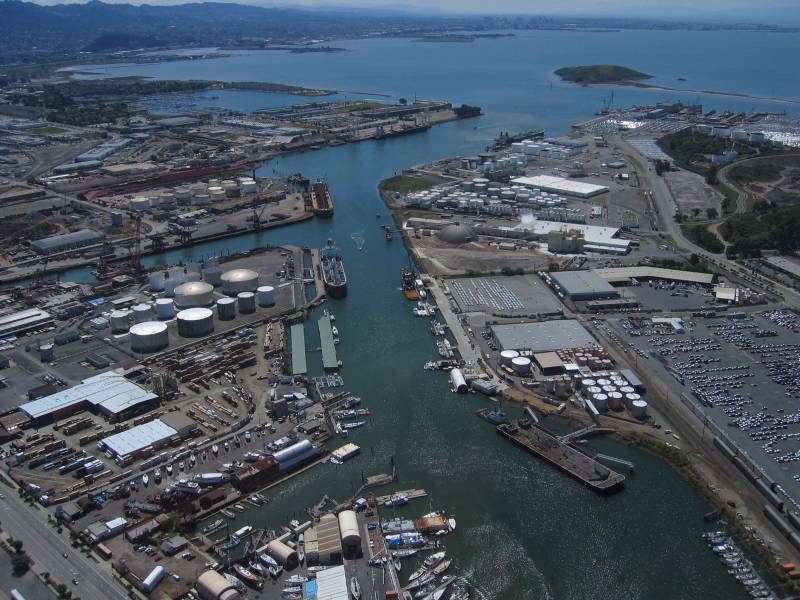Utah said the terminal “sustains a significant component of Utah’s economy.” Spokespeople for Utah’s governor did not immediately respond to an email seeking comment.
Environmental groups that joined Richmond to fight the lawsuits cheered the settlement as a win for communities that want to better control health dangers for their residents.
“It’s a blueprint for other cities and counties in California to address the public health threat that may be presented by coal and petcoke handling,” said Aaron Isherwood, managing attorney with the Sierra Club, which intervened in the case.
The settlement, reached Friday, gives the companies until Dec. 31, 2026, to end the storage and handling of coal at the facility. During that period the companies must follow enhanced dust control measures. The city council must approve the settlement by next February for its provisions to take effect.
Concerns about climate change have dampened demand for coal in the United States. Coal-producing states such as Utah are shipping it to Asia through West Coast ports, a move that has faced resistance from environmental advocates and elected officials, mostly Democrats.
In the San Francisco Bay Area, the Levin-Richmond Terminal and the Port of Stockton are the main places through which coal is shipped. A long-running effort to build a terminal in Oakland for Utah coal has been stymied by opponents.
The ports in the San Francisco Bay Area accounted for about 3% of total U.S. coal exports in the first half of 2021, according to data from the U.S. Energy Information Administration. Handling and storage of coal makes up about 65% of the Richmond terminal’s business, while petcoke exported for use to manufacture aluminum and other products makes up another 15%, according to legal filings. It also handles recyclable materials. The company has about 60 employees.

